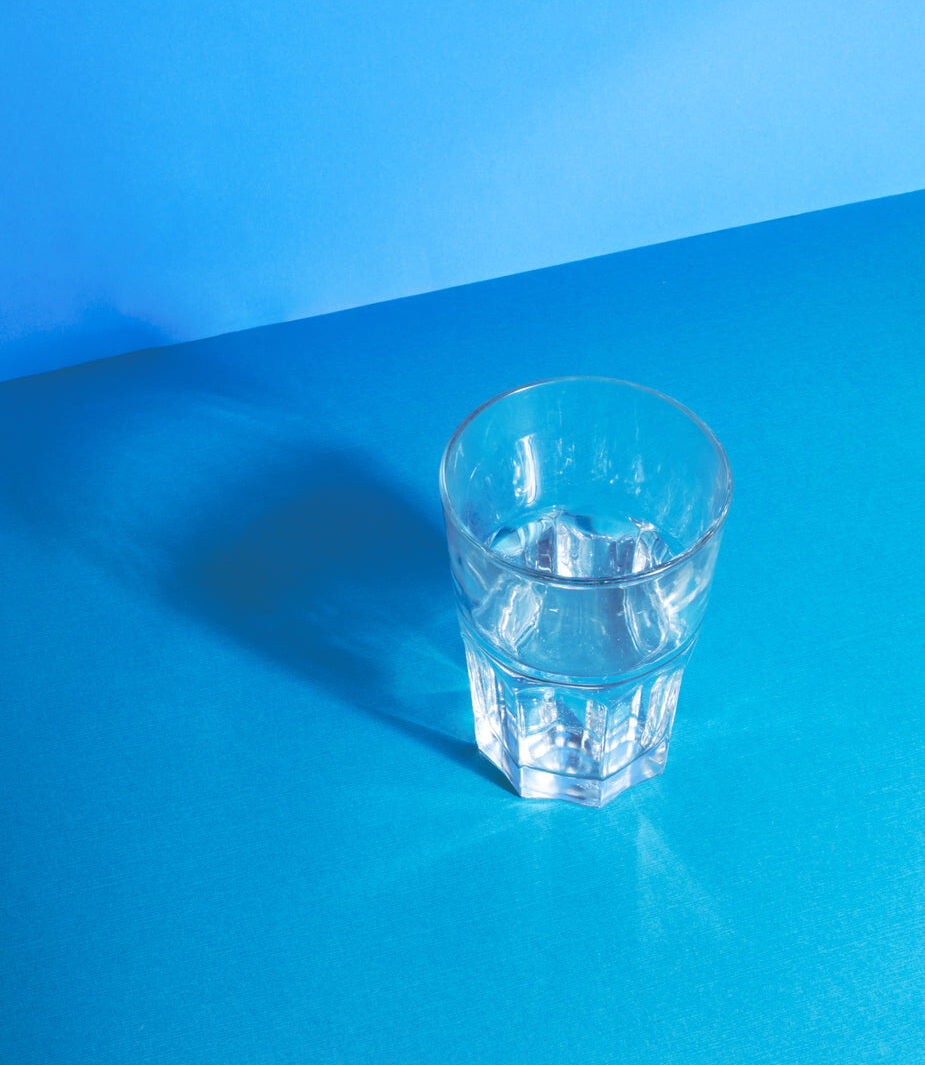Our bodies need water.
50-60% of our body is made of it, as is 73-83% of our major organs (heart, lungs, and brain).
In essence, this means that most of our body is, in fact, water.
The water, or fluid, in our body, makes it possible for our cells to do their job. And our cells are responsible for any and everything that happens to our body. Cells carry blood, oxygen, chemicals, and message signals that make it possible to breathe, move, and sleep.
Our bodies naturally lose fluids, though. Normal bodily functions and reactions, like sweating, crying, and vomiting, cause you to lose fluids. (Not to be that person, but smoking and drinking alcohol do too). When you lose more fluids than you’re replacing, you become dehydrated1. In essence, dehydration is a condition where your body doesn’t have enough water to perform its most basic functions.
The great thing about our bodies, though, is that it tells us what it needs, just not in ways we always understand at first. These six signs can be your body’s way of reminding you to drink more water:
#1: Your Mouth is Dry
Dry mouth is a classic sign of being dehydrated6⎯hence its place on the list. When you’re hydrated, your saliva cleans and neutralizes (the odors) your tissues, creating a well-moistened oral cavity. Unfortunately, this doesn’t happen when you’re dehydrated because you aren’t producing enough salivary glands.
#2: Your Breath Smells
Sometimes when your breath smells less than fresh, the reason for its unpleasant aroma isn’t a dental issue or something you ate⎯it’s because you’re dehydrated7. Think about it: you’re producing fewer salivary glands, which, might I add, are responsible for cleaning away bacteria and food debris, and neutralizing stench-causing compounds with its acidic enzymes. The “bad” bacteria continue to grow and sit around your mouth.
#3: Your Bathroom Needs Change
There are several plausible reasons for changes in your bathroom needs. And one of those reasons is how hydrated your body is. Water helps with your digestion and removes toxins and stool from your body. Peeing less2 and constipation are possible signs of dehydration in otherwise healthy people. (If you notice changes in your bathroom needs and aren’t dehydrated, contact your primary care provider as this may be a sign of urinary or gastrointestinal problems).
#4: Your Head Hurts
Technically, there isn’t a specific kind of headache related to being dehydrated (like tension or migraine headaches). But, headaches that happen because of another condition, like your body being out of homeostasis, are considered secondary headaches5.
#5: Your Muscles Hurt
Being dehydrated makes you more sensitive to pain. So, if you’re already sore or experiencing pain, being dehydrated intensifies that sensation.
#6: Your Brain Feels Foggy
The human brain is 75% water. That means that most of your brain is water. And, knowing what we know about water and our cells (including brain cells), then it’s not surprising that your brain doesn’t work as it should when it loses mass or water. So if you notice that it’s taking more time or effort to complete a routine task, or you have trouble focusing or with your memory, you may be dehydrated34.

